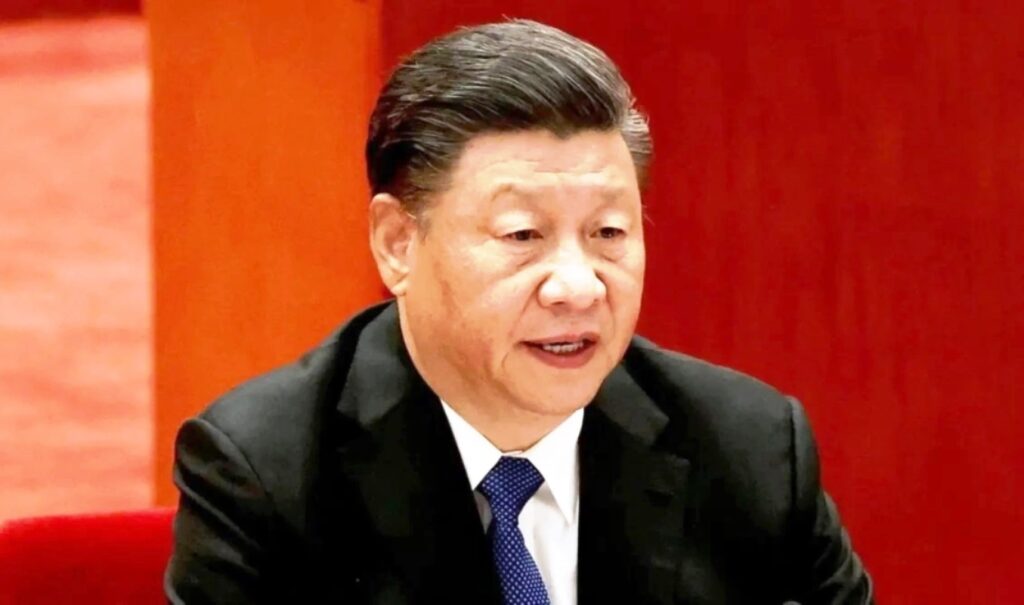Relations between China and Japan have reached a critical breaking point once again, this time over Taiwan, which is evolving into a crucial geopolitical flashpoint for the entire region. Japan’s new Prime Minister, Sanae Takaichi, suggested that Tokyo could become militarily involved in case of a Chinese invasion of the self-governing island—a statement that infuriated Beijing.
How the tension began
Takaichi, in her first parliamentary speech, hinted that Japan could invoke the right to collective self-defense if a China-Taiwan conflict poses an existential threat to Japan. The country has territories just 110 kilometers from Taiwan’s main island.
Her reference was made within the framework of the 2015 law, which allows military involvement under specific conditions, despite Japan’s pacifist post-war Constitution. Beijing, which considers Taiwan its own province and has committed to annexing it, characterized her statements as a “military threat.”
Our message to Japan is clear: Japan must fully repent for its war crimes, immediately stop its wrong and provocative statements and moves that interfere in China’s internal affairs, and stop playing with fire on the Taiwan question. Those who play with fire will perish by it! pic.twitter.com/F0G6FvU6qD
— CHINA MFA Spokesperson 中国外交部发言人 (@MFA_China) November 13, 2025
Takaichi’s stance and China’s reaction
The Prime Minister comes from the LDP’s right wing and adopts a hardline stance against China. She has already committed to increasing defense spending to 2% of GDP and strengthening defense on remote islands, including the disputed Senkaku Islands.
Beijing responded with fury. The Chinese Consul General in Osaka posted (and later deleted) a threatening message, while the Foreign Ministry called on Japan to stop sending “wrong messages” about Taiwan’s independence.
The tension escalated with:
– official travel warnings to Chinese citizens
– claims of “deteriorating public safety” in Japan
– extensive coverage by Chinese state media, describing the statements as “dangerously provocative”
The Chinese military warned that Japan would “suffer crushing defeat” if it intervenes, while Chinese ships and drones appeared near Senkaku and Yonaguni.
Historical roots and escalation fears
Taiwan was a Japanese colony for approximately 50 years until the end of World War II. Today, the PRC insists the island is its province, although it has never governed it.
If China attempts annexation and the US intervenes, Japan—which hosts significant American military presence—would likely find itself at the center of the conflict.
Analysts see increased risk of incidents in areas like the Senkaku Islands and Taiwan’s ADIZ, which could escalate into serious hostilities.
Economic consequences and diplomatic maneuvers
Chinese warnings to travelers and students caused a stock market collapse in Japan’s tourism and retail sectors. Nomura estimates potential damage of $14 billion.
Japan hosted over 120,000 Chinese students by mid-2024, and 6.7 million tourists had visited the country that year.
Despite the tension, reports indicate a high-ranking Japanese envoy is traveling to Beijing to attempt de-escalation. Takaichi, however, shows no willingness to back down.




